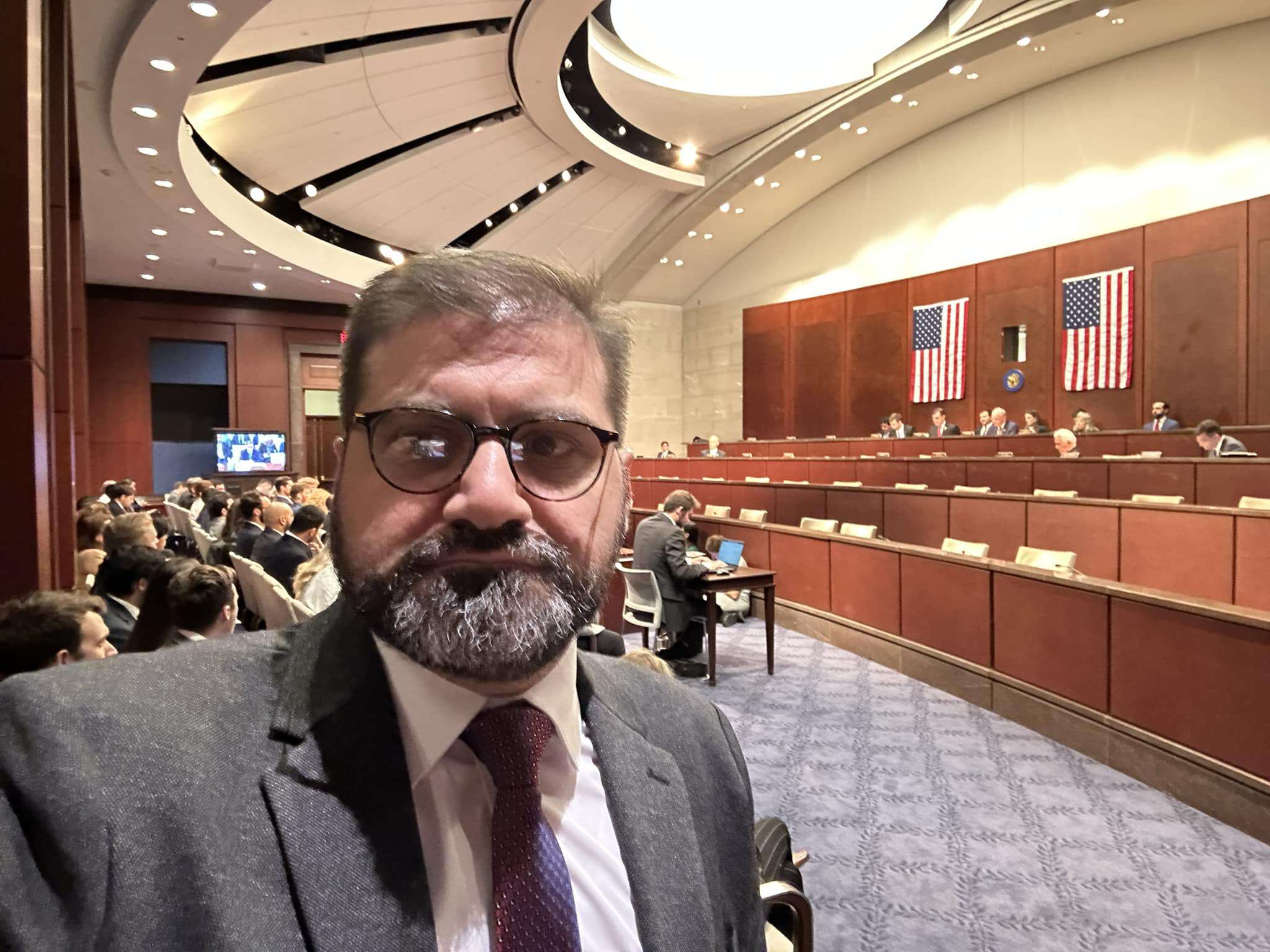Arman Babajanyan, the chairman of the "For the Republic" party, wrote on his Facebook page:
"The US State Department's decision to suspend foreign aid programs and halt new initiatives is evidence of a fundamental rethinking of America's foreign policy based on the primacy of national interests. This step follows President Trump's executive order to suspend foreign development assistance for 90 days, which aims to assess the relevance and effectiveness of this assistance with US strategic priorities. As the world's largest donor country, the United States spent $68 billion on international aid in 2023. This policy rethink includes development and military assistance programs, except for emergency food aid and army financing for Israel and Egypt. According to the Voice of America, these changes will not affect the supply of military assistance to Ukraine.
This decision reflects the new direction of foreign policy, which President Trump has formulated in three fundamental issues: Does this policy make America safer, stronger, and more prosperous? The State Department is being reorganized to become more agile, efficient, and focused, removing priorities and practices not in the national interest. To this end, several strategic directions have been identified, prioritizing border security, preventing illegal migration, and repatriating immigrants. In addition, government "DEIA" programs and funding for political and cultural initiatives that could cause internal division or displease international partners have been canceled.
At the same time, the State Department has adopted a new approach to freedom of information, avoiding programs that could limit Americans' freedom of expression. Instead, diplomacy will focus on combating "attack propaganda" based on the image of America as a fair, prosperous, and stable state. In the area of energy policy, the new policy emphasizes restoring energy dominance in America, which must take place within the framework of sound principles of environmental protection.
These changes pose a serious challenge for Armenia as a beneficiary of US foreign aid. Although it is not clear whether the suspension will directly affect Armenia, global geopolitical realities are becoming increasingly unpredictable. This requires Armenia to exercise maximum flexibility, initiative, and consistent diplomatic work.
The South Caucasus and Central Asia, viewed as a single geopolitical unit, can become a key platform for limiting the influence of China, Russia, and Iran and excluding them from the Middle Corridor. The Middle Corridor, as a transport and economic route passing through Central Asia, the Caspian Sea, the South Caucasus, and Europe, is of exceptional importance in the context of the strategic zone connecting the East with the West. This corridor could become a strategic tool for the United States, allowing it to circumvent the influence of China's "One Belt, One Road" initiative and reduce Russia's energy dominance and Iran's participation in regional corridors.
With its strategic position, Armenia can act as an essential partner for the United States, promoting regional stability, energy connectivity, and economic development projects. At the same time, the risk of conflicts in the South Caucasus not only threatens regional stability but also contradicts the United States's long-term interests, given the need to neutralize the influence of China, Russia, and Iran.
The priority for Armenia is to deepen the US-Armenia strategic partnership, emphasizing its foundation not only on friendly relations but also on mutual benefit. It is necessary to present that Armenia's potential for maintaining regional stability also stems from the strategic interests of the United States. Armenia, in turn, should make the most of this situation by strengthening its role in the economic and political developments of the Middle Corridor and presenting itself as an essential guarantor of regional peace and the interests of the West.
Therefore, the Armenian government must consistently work toward negotiations, promote economic initiatives, and ensure regional peace. This can strengthen Armenia's diplomatic positions and contribute to attracting foreign investments, which will be of significant importance not only for Armenia but also for the interests of the United States.


















